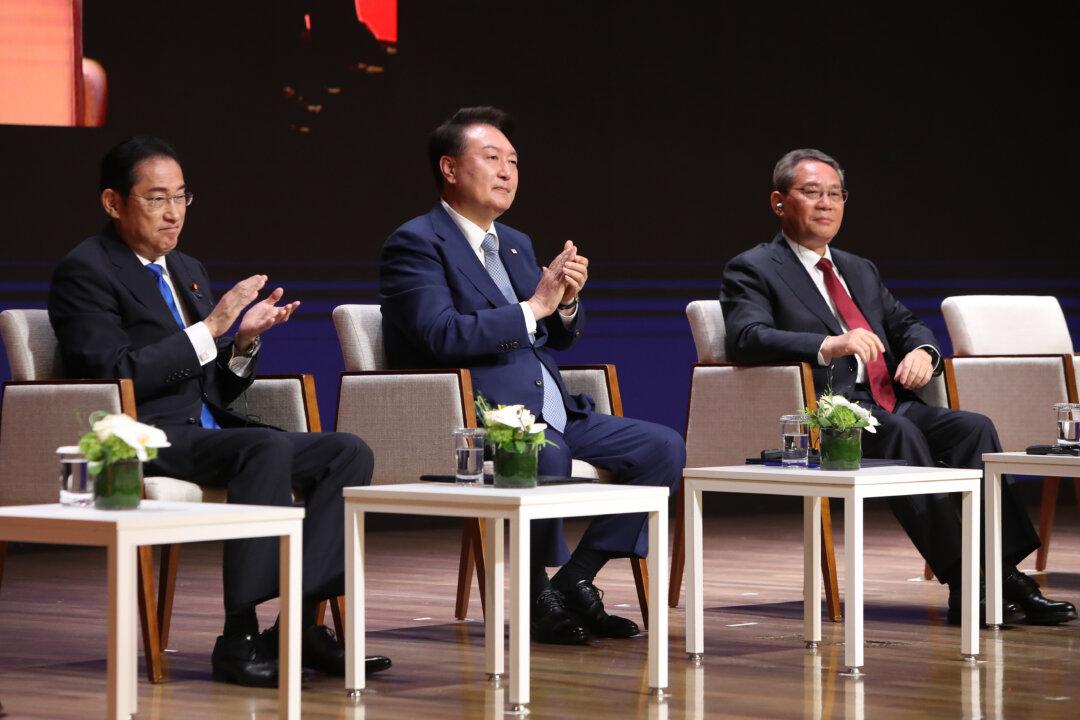Commentary
Beijing must feel the pinch. The economy isn’t doing well, either domestically or with trade or investment flows, and the once-great global enthusiasm about China business has ebbed among Americans, Europeans, and the Japanese.

Beijing must feel the pinch. The economy isn’t doing well, either domestically or with trade or investment flows, and the once-great global enthusiasm about China business has ebbed among Americans, Europeans, and the Japanese.